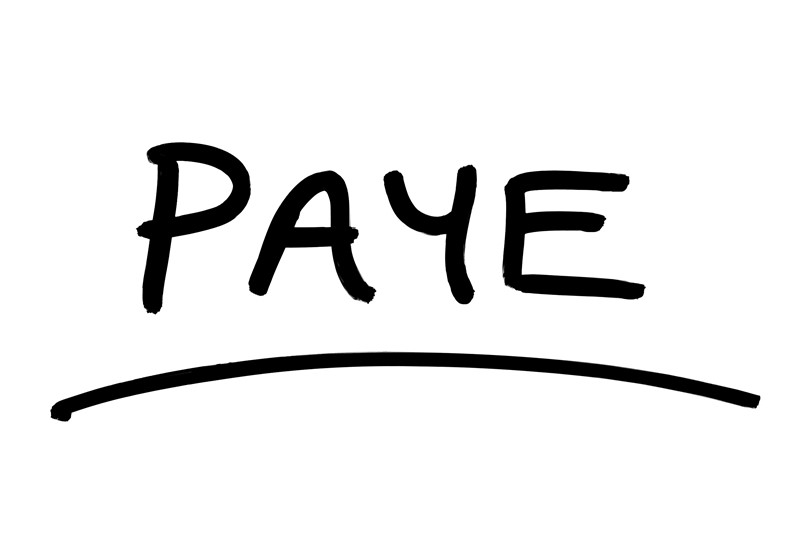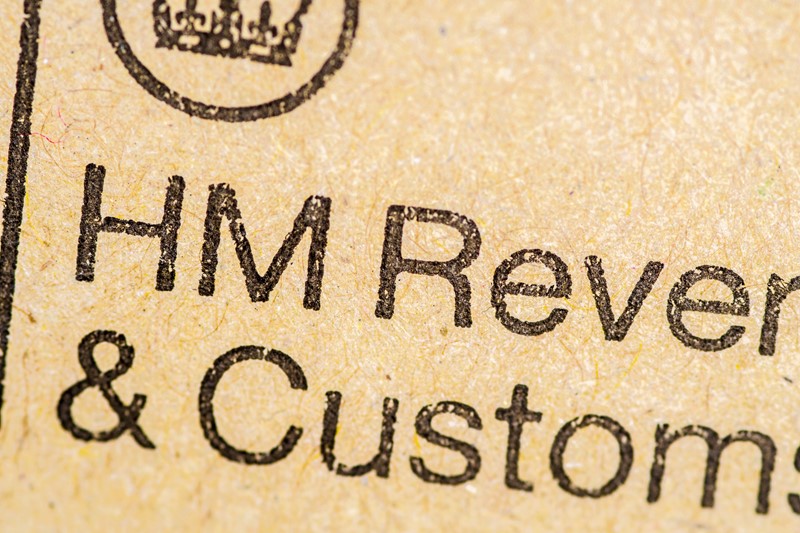Employers that take on a new employee need to work out which tax code and starter declaration to use in their payroll software. Incorrect tax codes can lead to a new employee paying more tax than is
Category Archives: Employment & Payroll
The rules for individuals providing services via an intermediary such as a personal service company (PSC) are complex. The rules apply if the worker who provides services to a client through their own
From the start of April 2024, the government will increase the amount of funding that employers who are paying the apprenticeship levy can pass onto other businesses. Apprenticeships can currently be
There are rules that businesses must follow when they are reporting employee changes. These changes must be sent to HMRC using a Full Payment Submission (FPS). The FPS is a submission that is required
Employees who are working from home may be able to claim tax relief for bills they pay that are work related.
Employers may reimburse employees for the additional household expenses incurred through
If your employer has reimbursed you in full for any work related expenses you will obviously be unable to make a claim for tax relief for those same expenses.
But if you have only received part of
There are a multitude of rules and regulations that you must be aware of when you start employing staff for the first time.
HMRC’s guidance sets out some important issues to be aware of when becoming
Employees who working from home may be able to claim tax relief for some of the bills they pay that are related to your work.
Employers may reimburse employees for the additional household expenses
Parents may be eligible to receive childcare support from HMRC using the Tax-Free Childcare (TFC) scheme. The TFC scheme can help parents of children aged up to 11 years old (17 for those with certain
Employers usually have to pay employees through PAYE if they earn £123 or more a week (£533 a month or £6,396 a year). There is no requirement to pay self-employed workers through PAYE.
HMRC’s
 Christchurch, Dorset & London
Christchurch, Dorset & London mail@tideaccounting.co.uk
mail@tideaccounting.co.uk 01425 674776
01425 674776









